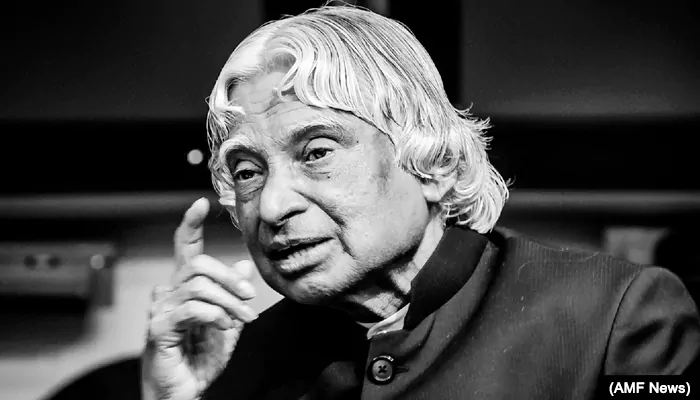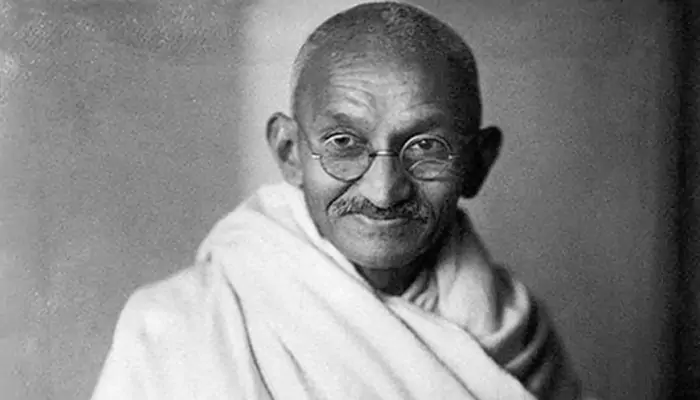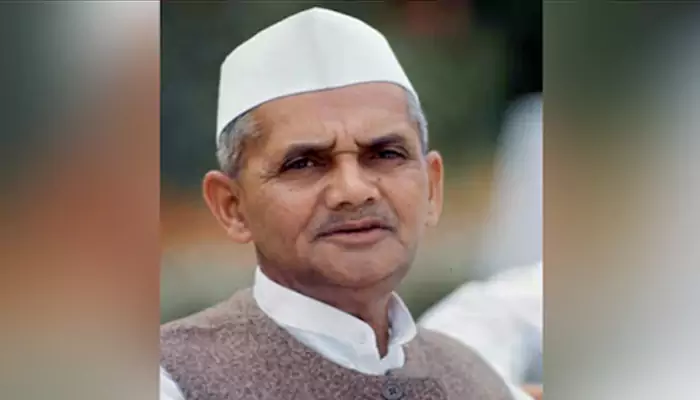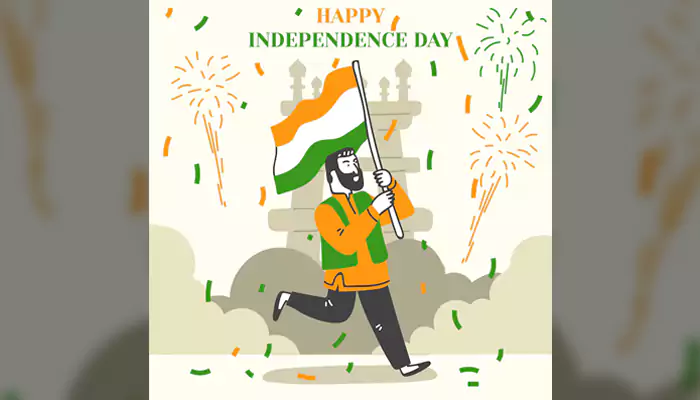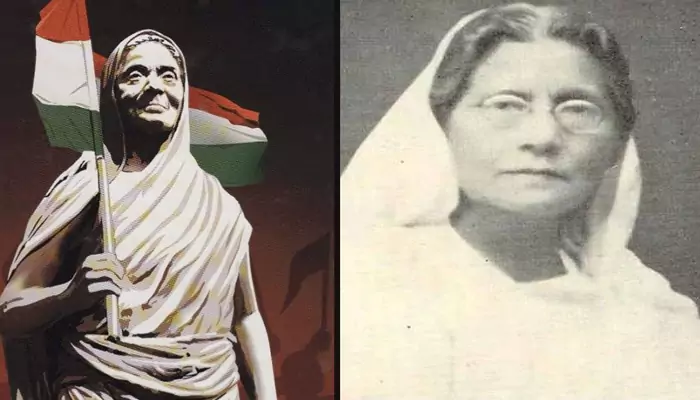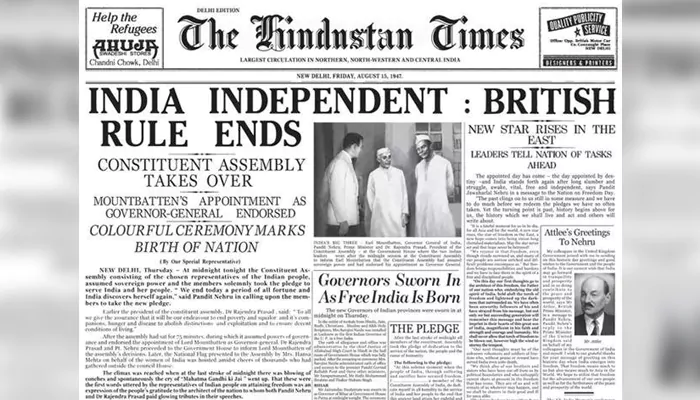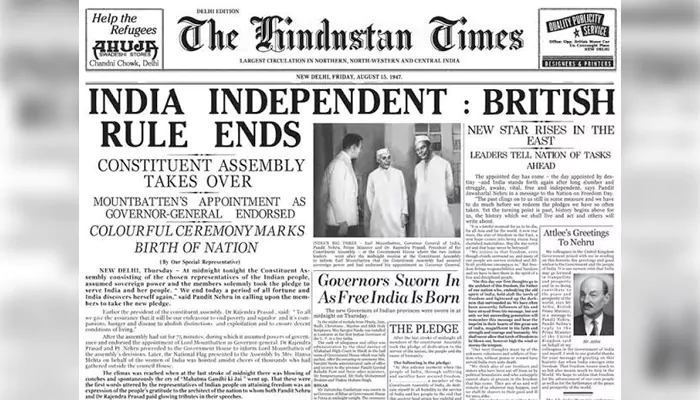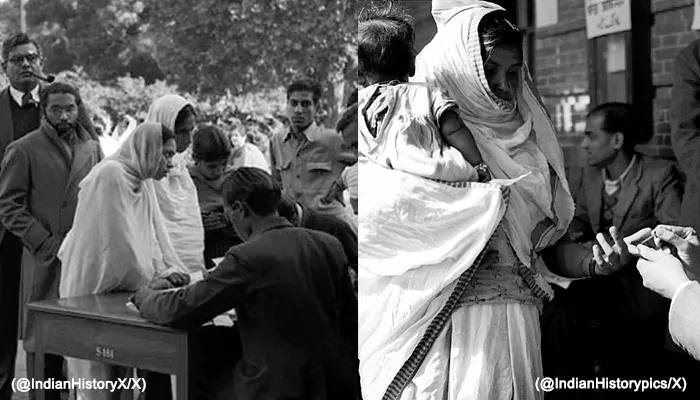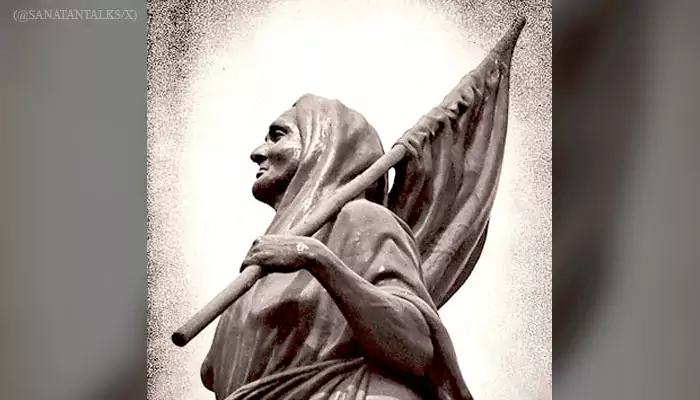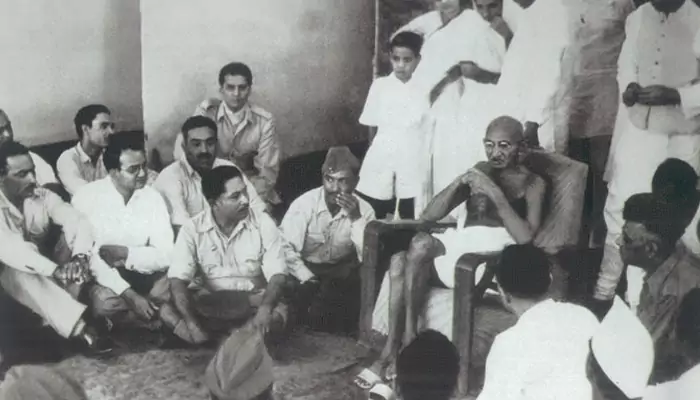Swami Vivekananda's Death Anniversary: Lessons from Chicago - What His Historic Speech Teaches Us Today
- Sayan Paul
- 6 months ago
- 6 minutes read

In his iconic Chicago speech on September 11, 1893, Vivekananda highlighted the spiritual richness of India and the core principles of Hinduism.
When a young man in saffron robes stood up to speak at the Parliament of the World's Religions in Chicago in 1893, no one really paid much attention initially. He was just another name on the schedule. But then he said five words that made the whole audience sit up: “Sisters and Brothers of America.” And in that moment, his voice carried a depth that instantly connected all the people. What followed was a reminder of India’s rich spiritual heritage and a call for unity, tolerance, and respect across faiths. By the time he finished, he had challenged minds and left an entire room in awe. Over a century later, that speech still gives us goosebumps not only because of its delivery but because of the timeless wisdom it carries.
1893 :: Swami Vivekananda In World's First Religious Parliament, Chicago pic.twitter.com/Qxdgzqvpm9
— indianhistorypics (@IndiaHistorypic) May 23, 2019
Credit: indianhistorypics
As we remember Swami Vivekananda on his death anniversary, it's worth asking: are we truly listening to what he said that day? Because hidden in those words are answers to some of the world’s biggest problems even today. In this article, let's understand what his iconic speech teaches us.
Religious Harmony: “All paths lead to Thee”
When religious differences so often turn into reasons for hate and conflict today, Swami Vivekananda’s speech reminds us that truth is one, and every religion is just a different path leading to the same divine goal. He said, “As the different streams having their sources in different places all mingle their water in the sea… so the different paths which men take… all lead to Thee.”
Vivekananda was speaking from the heart of Indian spirituality, where diversity isn’t seen as a threat but a reflection of the vastness of truth. Today, with growing religious polarization (be it in India, the United States, the Middle East, or Europe) his words offer a way out. The need isn’t to erase our differences but to look beyond them and find the shared values of compassion and reverence for life. His voice urges us to see not a “Hindu,” “Muslim,” “Christian,” or “Jew”, but a fellow human being on a spiritual journey.
Universal Tolerance and Acceptance
Vivekananda didn’t stop at tolerance; rather he went further. He talked about acceptance at a time when colonial arrogance saw non-Western religions as inferior. In his words, “We believe not only in universal toleration, but we accept all religions as true.”
And he backed it up with examples: how India had welcomed Jews, Zoroastrians, and others fleeing persecution.

Today, in this world grappling with refugee crises, Islamophobia, antisemitism, and rising hate speech, Swami Ji’s message is that real tolerance isn’t passive. It doesn’t mean “putting up with the other.” It means embracing them, learning from them, and most importantly, walking alongside them.
The Danger of Fanaticism
Vivekananda called out the root cause of violence in his speech: religious fanaticism. He said, “Sectarianism, bigotry, and its horrible descendant, fanaticism… have deluged the earth with blood… and destroyed civilization.”
Even in 1893, he could see what blind hatred could do. And history since has proven him right, be it the world wars, the India-Pakistan Partition, the 9/11 attack, or recent communal riots.
What’s heartbreaking is how little we’ve learned. In this social media age, hatred spreads faster than ever before. If we take Vivekananda seriously, we must stand up to all forms of extremism (whether religious, political, or cultural), and replace them with empathy.

Compassion, Kindness, and Service Above All
In his speech, Swami Ji brought ideals down to daily life. At the core of his message was the idea that serving others is the highest form of worship. He said, "Whoever comes to Me, through whatsoever form, I reach him; all men are struggling through paths which in the end lead to Me.”
Quoting the Gita, he emphasized that no matter one’s belief or path, it is compassion and selfless action that ultimately connect us to the divine. Today, as competition is overshadowing the community, and success is measured in wealth rather than impact, his reminder of seva (service) is totally significant. Whether it’s helping a neighbor, volunteering for a cause, or simply treating someone with dignity, these small acts carry immense power.
From pandemic warriors to flood relief volunteers, every selfless hand is proof that Vivekananda's ideal is alive and needed.
Pride in One’s Culture, Without Looking Down on Others
Vivekananda was immensely proud of his roots, but not really in a nationalistic way. He said, “I am proud to belong to a nation that has sheltered the persecuted and the refugees of all religions…”
Today, as identity politics becomes more rigid, his approach shows a middle path: be proud of who you are but never use it to belittle others. Celebrate your heritage, but don’t close your mind. This is a lesson both East and West can learn from.
Unity in Diversity: The Global Need
Swami Ji’s speech was about humanity. He ended with a call for universal brotherhood, as he said, “Help and not fight. Assimilation and not destruction. Harmony and peace and not dissension.”
The world today stares at climate collapse, wars, displacement, and cultural clashes. And amidst all this, Swami Ji's ideology feels more practical than ever. We can’t really survive without cooperation. The future, quite literally, depends on how well we learn to live together despite our differences.
Swami Vivekananda ji represented India at the Parliament of the World's Religions at Chicago in 1893.
— ICCR (@iccr_hq) January 12, 2023
On his Birth Anniversary, sharing an excerpt of his historic speech !!#NationalYouthDay #SwamiVivekananda pic.twitter.com/wnC9F7XRXr
Credit: ICCR
Swami Vivekananda passed away in 1902, at the young age of 39. But in those short years, he gave us ideas that could shape humanity. As we mark his death anniversary, the best tribute we can offer is reflection. We must ask: Are we walking the path he pointed to? Are we building bridges, or burning them? Are we serving others, or just ourselves?

